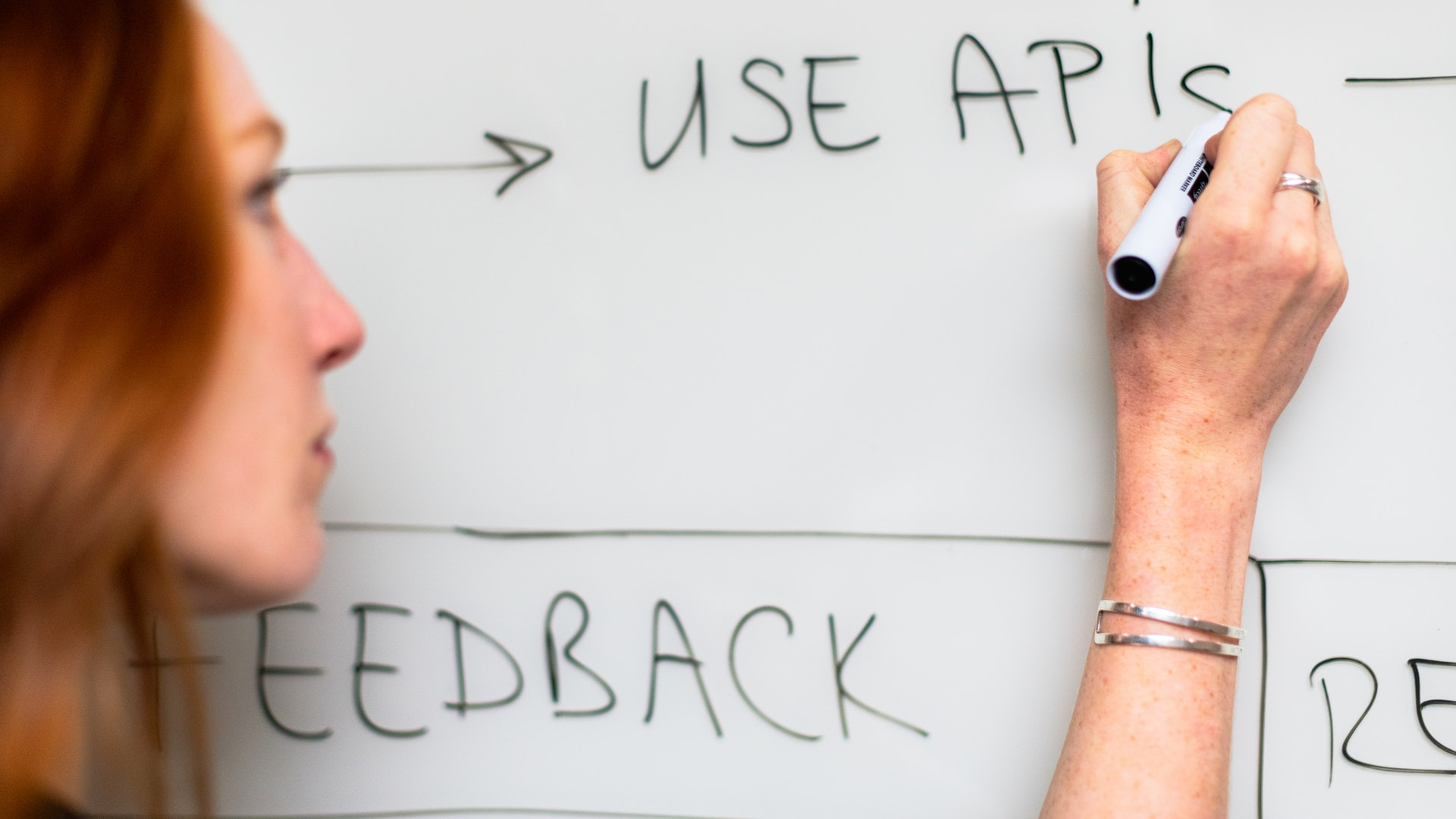Hello readers! We are back with another article.
We have been getting quite a few messages regarding “API Security”, so we decided it was time for an article on the subject.
Application Programming Interfaces, or APIs, simplify software development and innovation by enabling applications to exchange data and functionality easily and securely.
Many of today’s most popular web applications would not be possible without APIs.
API Security refers to the methods used to reduce attacks on application programming interfaces.
APIs are considered the backend framework for both mobile applications and web applications. APIs face unique threats, so you need to have some unique solutions in place to keep your system secure. Potential threats may include software bugs, service threats, user identity threats, etc.
To secure an API system from potential threats, you need to follow some steps to mitigate the number of attacks on it. Here are our 7 top tips to maximise API security:
- Keep the System Proactive: Every company should have a proactive process in place to make sure their system is stable. When data is exchanged between API systems, ensure the necessary security checks are performed.
An engineer might add some dodgy code to one system, which may affect another. So, while data is flowing, make sure security checks are in place. Try to break your security system, hack it! that way you are absolutely certain that it works!
- Avoid Software Bugs: To avoid basic software bugs, you need to ensure that your organisation has a strong, competent team of software engineers.
Ensure you are testing and re-testing every piece of new code and ensuring that it is safe for the system. If you find any bugs, fix them as quickly as possible.
Also, try to include a third-party penetration test to understand how vulnerable the system might be!
- Protect Your User Identity: If you want to protect your user identity, use an advanced API gateway that will double-check each piece of information from the user.
Try to add more defence mechanisms in your API gateway system to make your system safe and create a smooth experience for your user. This API will also ensure authentication and authorisation.
- Expose a Limited Amount of Data: Some API systems share more data than necessary, and it may hamper the endpoints of the API system. Limit access to the API system. Only people directly involved in system development should have access.
- Create More Awareness Within the Organisation: Employees should be more cautious if they want to secure APIs. Organisations should create awareness and give training regarding API system security.
- Do not Make Your Source Code Accessible to Everyone: Sometimes, people have a tendency not to close loopholes in their source code resulting in vulnerable APIs. Don’t share your source code anywhere keep it in a developer-friendly place and make sure it is secure.
- Control Your API System Usage: Sometimes, organisations do not limit traffic effectively, opening their systems up to various threats. Just because your system can handle ten thousand users at a time, does not mean that you should open it to that many. Minimise traffic and make it as secure as possible.
API system security is paramount, by ensuring API security, you ensure data security and the security of the entire system.
When hackers try to hack an API system, they harm a company’s reputation as well as compromising its data. Follow the above tips and make sure you are applying problem-based solutions. Check that you are making the API system strong and, while doing so, you are not compromising your user experience.
If you like this content, please keep coming back to our website. If you have any questions regarding this topic, feel free to get in touch. We will get back to you as soon as possible. Let us know what type of content you would like to see from us in the future. Until then, stay tuned!

